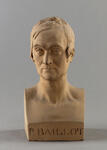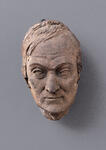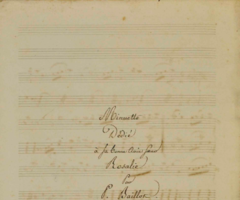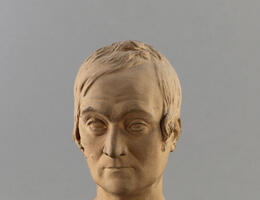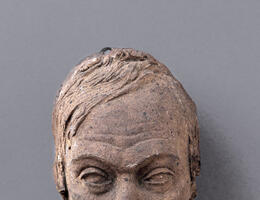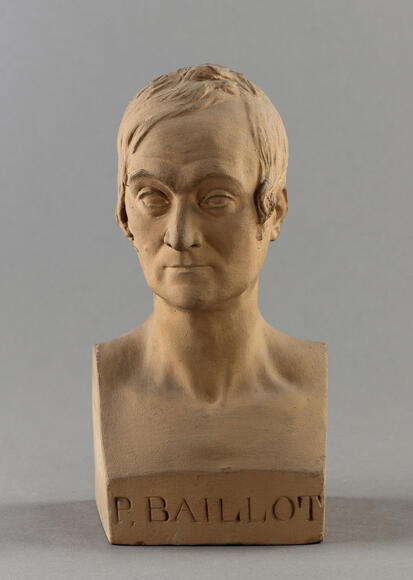
Pierre BAILLOT
1771 - 1842
Composer, Violinist
Born in 1771, Pierre Baillot was, for some fifty years, one of the leading exponents of the French Violin School. A disciple of Viotti (1755-1824), Baillot began his career at the Paris Conservatoire in 1795 as a replacement for Rode (1744-1830). He was appointed professor there four years later and completed his education by taking lessons from Reicha, Catel and Cherubini. A conscientious teacher, he had many pupils, including Habeneck, the violist Chrétien Urhan and even Ingres. A member of the Musique du Premier Consul and the Imperial Chapel, violinist at the Paris Opéra, Baillot also toured the world (Russia, Belgium, Holland, England, Savoy, Piedmont, Lombardy, Switzerland, etc.). From 1814 to 1840, he organised a series of quartet and quintet concerts in various venues for subscribers, ushering in a more professional approach to performing chamber music. Not content with merely playing his own works in concert, Baillot also took part in the Paris premieres of works by Beethoven and other composers. In line with his playing technique – which was full of feeling and devoid of showy virtuosity – and with his body of works – which boasted a wide variety of colours and great delicacy –, his theoretical and pedagogical writings (Méthode de violon, 1803; Méthode de violoncelle, 1804; L’Art du violon, 1834) urged performers to make their violin sing like the human voice – regarded by Baillot as the ideal vehicle for emotion – and recommended that they should express “all the affections of the soul and all the flights of the imagination”.
Focus
Focus
Napoleon and music
Documents and archives
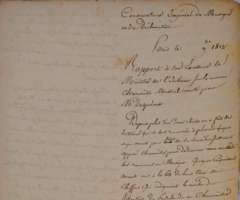
Manuscript document, Reports and studies

